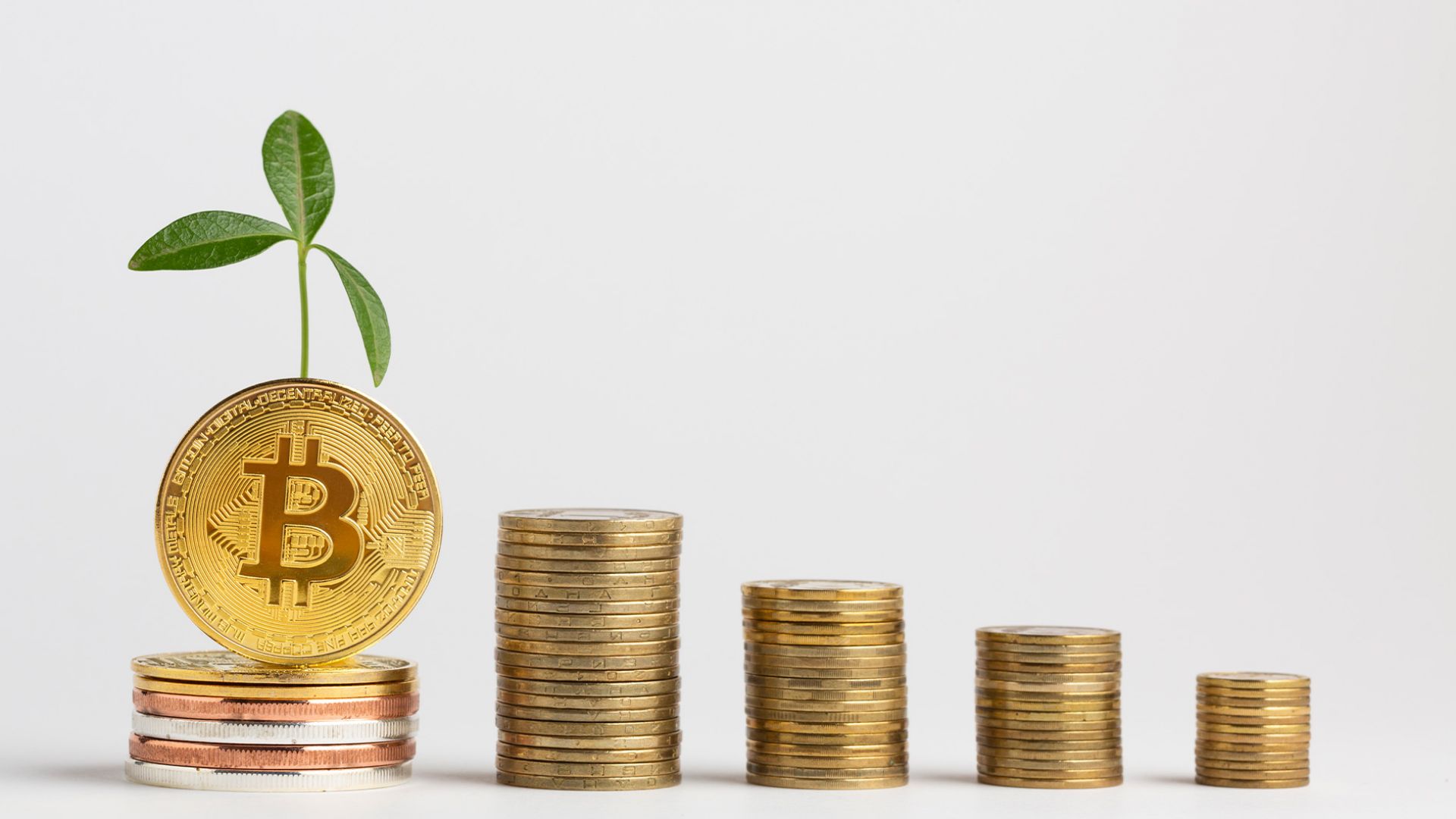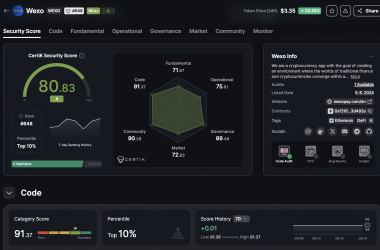
Publicaciones principales

Wexo Points: Find places where you can pay with Bitcoin (App Up...
Search nearby businesses that accept Bitcoin payments
Leer másWe're less than a year away from the next Bitcoin Halving, which is scheduled to take place between late April and early May 2024. Bitcoin Halving is an event in which the reward for mining new blocks is cut in half, reducing the new supply of bitcoins into circulation while emphasizing its digital value. After the next Halving, the reward for mining a block will be reduced from 6.25 to 3.125 bitcoin.
In the past, the price of bitcoin has increased significantly after Halving. This increase is due to the increased demand for bitcoins as people realize its unique monetary properties and the rarity of this asset. At the same time, the number of long-term holders is also increasing, who are less and less inclined to sell their bitcoins.
Halving is also affecting miners, who have to adapt their business models and face reduced rewards. As a result, the price of Bitcoin may increase as miners are left with fewer Bitcoins to sell while having to contain their costs.
Approximately 92% of the total amount of Bitcoins are already in circulation, which is just a reminder of Bitcoin's relentless monetary policy and its unique digital rarity. Although Halving's influence has been relatively diminishing after each cycle, the upcoming event will serve as a pressure on the market, especially for those who have so far been skeptical of the asset.
Liechtenstein proposes to accept Bitcoin as legal tender for government services

Prime Minister Daniel Risch has announced plans to accept Bitcoin as payment for government services. A quote.... "The possibility of Bitcoin payment is coming." Although he did not specify a timeframe, Liechtenstein is unlikely to accept and hold Bitcoin, instead accepting deposits in the cryptocurrency and exchanging them for Swiss francs, the national currency.
Liechtenstein, which is not a member of the European Union but is part of the European Economic Area, could be affected by the EU's regulation of cryptoasset markets (MiCA). Clear and comprehensible regulatory standards could attract more crypto firms to the region with clearly defined boundaries of operation. The country is known for its support of cryptocurrencies and blockchain technology, making it a small but thriving cryptocurrency hub in Europe.
The development in Liechtenstein is similar to the situation in the nearby Swiss communities of Zug and Lugano, which accept Bitcoin for some taxes and public services. Several regional chains, such as McDonald's, also accept BTC as payment. This move by Liechtenstein corresponds with a growing trend of smaller nations adopting cryptocurrencies and blockchain technology.
The financial industry is opening up to digital assets after years of rejection. It is a natural evolution that does not need to be resisted

China is opening up to digital assets after years of rejection and banning of cryptocurrencies. According to Neil Tan, chairman of the FinTech Association of Hong Kong, this is a "natural development" that was bound to take hold sooner or later. Tan said that unlike Singapore and the United States, which are currently reluctant to allow retail cryptocurrency transactions, Hong Kong has decided to refrain from hindering financial evolution.
From June 1, Hong Kong will have a licensing regime for crypto exchanges that will include retail investors. The licensing guidelines are expected to be published in May. The Chinese and Hong Kong governments have spotted opportunities in the region, with Tan adding, "People are really embracing crypto in their portfolios. Whether we're talking about retailers, high net worth investors or institutional investors."
Hong Kong wants to become a virtual hub for crypto assets and therefore adequate infrastructure is also needed. Tan stressed that if cryptocurrencies are given legal and regulated access, it will encourage the advent of digital platforms. "When the platforms come, the infrastructure will also come. It will come because that is the only way to deliver their product to the market." Tan added. Opening up the financial industry to digital assets was "just a natural progression" as cryptocurrencies "become more and more prominent".


